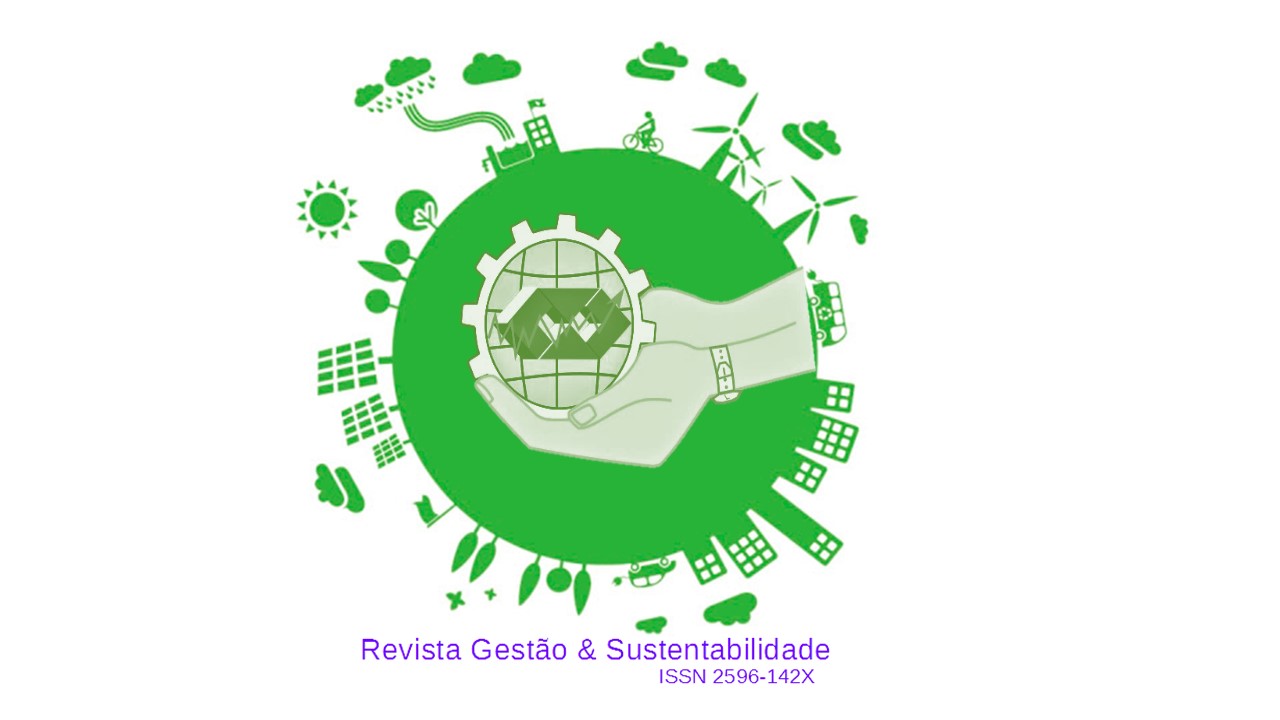People management
competitive relationship between Internal Social Responsibility (RSI) and Internal Organizational Reputation (ROI)?
DOI:
https://doi.org/10.36661/2596-142X.2021v3n1.10921Keywords:
Internal Social Responsibility, Internal Organizational Reputation, Competitive Advantage, Management with PeopleAbstract
The objective was to identify the relationship between Internal Social Responsibility (RSI) and Internal Organizational Reputation (ROI), and whether these are considered sources of competitive advantages for companies. Theoretical basis developed by Pena et al. (2005) for RSI analysis through the analysis of 9 indicators, the same used by the Ethos Institute, and Lerner's (2006) proposal to identify the employees' perception of the degree of agreement with the ROI, based on the perception of 8 attributes related to company. The research was carried out in the company Antares Comunicação through questionnaires applied to the employees and semi-structured interview conducted with the manager of the Social Responsibility program. The results of the research show a high degree of agreement, a mean of 5.5 in relation to the RSI actions developed by the company, as well as an average of 4.9 for the attributes related to ROI. He found, through Pearson's correlation analysis, that there is a relationship between RSI and ROI, so that this is significant, being linear positive. Therefore, according to the Resource Based View (VBR), the two variables, Internal Social Responsibility and Internal Organizational Reputation, can be considered sources of competitive advantage for the company and that Management with People plays a fundamental role in the development and implementation of responsible actions.
Downloads
Downloads
Published
Issue
Section
License
-
O(s) autor(es) autoriza(m) a publicação do artigo na revista;
-
O(s) autor(es) atesta (m) que a contribuição é original e inédita e que não está em processo de avaliação em outra(s) revista(s);
-
A revista não se responsabiliza pelas opiniões, ideias e conceitos emitidos nos textos, por serem de inteira responsabilidade de seu(s) autor(es);
-
É reservado aos editores o direito de proceder ajustes textuais e de adequação do artigo às normas da publicação;
-
Autores mantêm os direitos autorais e concedem à revista o direito de primeira publicação, com o trabalho simultaneamente licenciado sob a Creative Commons Atribuição 4.0 Não Adaptada, que permite o compartilhamento do trabalho com reconhecimento da autoria e publicação inicial nesta revista














